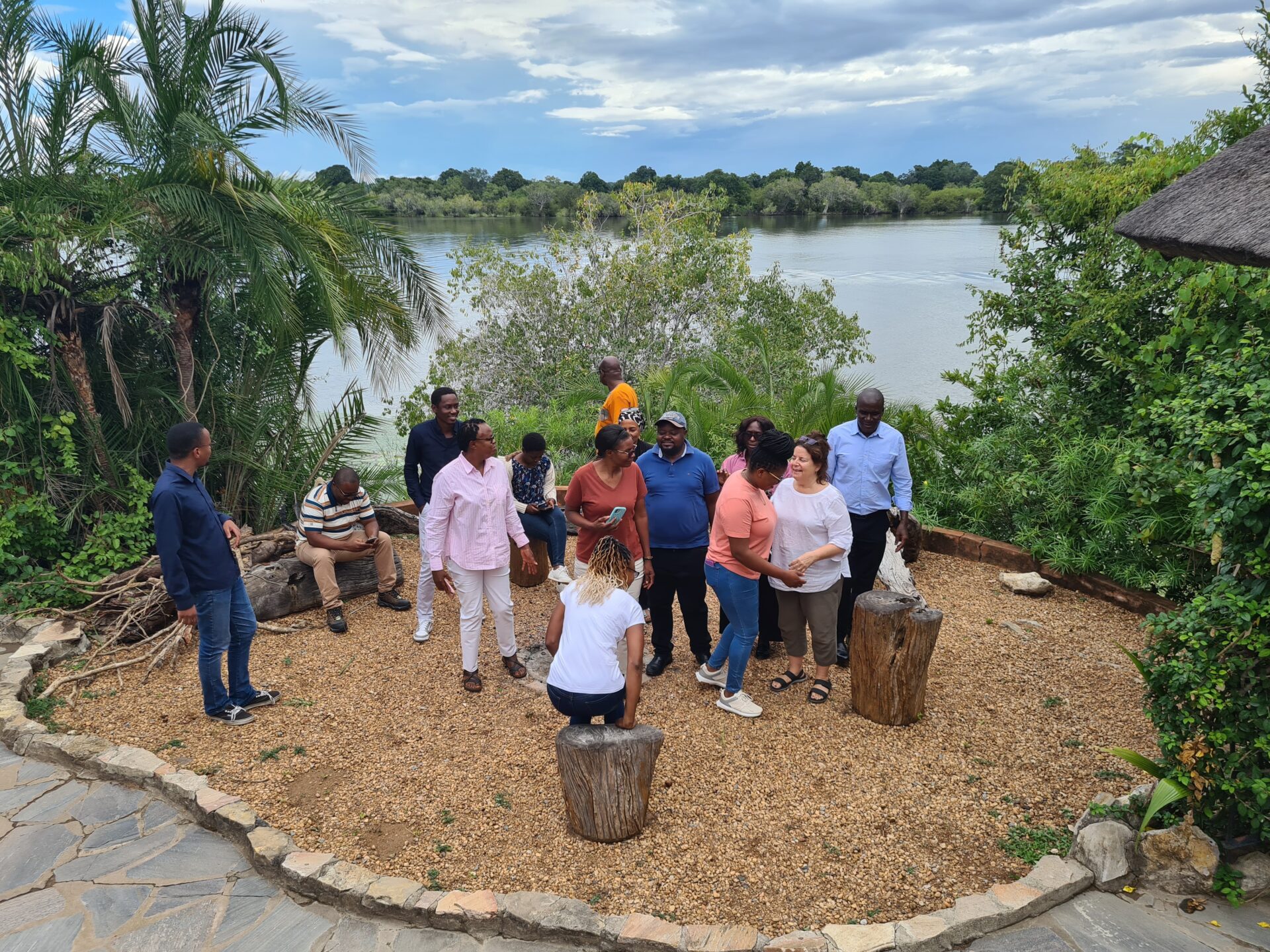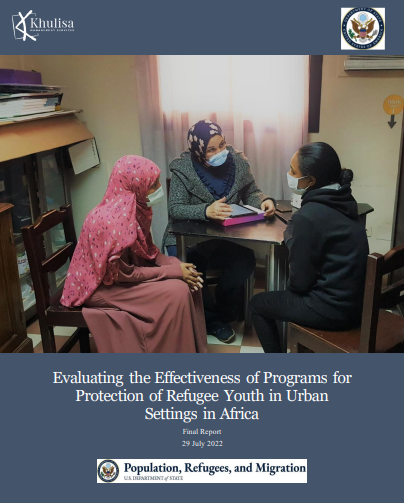July 30th was the United Nations’ World Day Against Trafficking in Persons (TIP), dedicated to raising awareness and advocating for the victims and survivors of trafficking. In recognition of the World Day Against Trafficking in Persons, today’s #EvalTuesdayTip is about the importance of including victims’ voices in a TIP evaluation.
“Victims’ voices matter,” wrote Ajwang Warria and our Khulisa evaluators Margie Roper and Heather Dixon, in a Daily Maverick op-ed piece last year. “Victims are a vital part of understanding the impact and best responses to exploitation and human trafficking. Their lived experiences offer the most authentic understanding and familiarity of this life-changing criminal practice.”
Margie and Heather re-iterated this point in Khulisa’s new blog post, Evaluating Collaborative Responses to Counter Trafficking in Persons in South Africa, which discussed how our recent TIP evaluation helped encourage a collaborative response to TIP.
“When evaluating social challenges and complex phenomena, we need to make sure the voices of vulnerable people are part of informing policy and practice. Interviews conducted with survivors of trafficking brought their voices to the centre of the response; we identified gaps in services to meet survivors’ needs and support them on their journey of healing,” Margie and Heather explained in the blog post. “Government departments and professionals, such as social workers, can use these findings to tailor their services to meet victim’s needs.”
While including victim’s voices is essential in an evaluation of TIP response, it’s also essential to use great care while engaging with this vulnerable group. Protecting victims’ privacy was our highest priority in this evaluation, and we followed all the necessary steps to ensure our data collection was completely confidential.
To learn more about our efforts to promote a collaborative response to TIP in South Africa, read the blog post.


